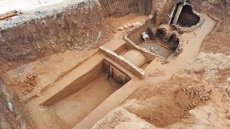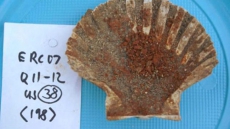Higher levels of sex hormones at the 'wrong' time may be blamed for increased cancer risk in night shift workers, says a new study.
People who work night shifts may be more at risk of breast or prostate cancer because of hormonal changes. Work that involves night shift was previously linked to a raised cancer risk, but the reason for the same was not clear.
The study by Pompeu Fabra University in Barcelona, Spain suggests that increased levels of sex hormones, such as oestrogen and testosterone, at the 'wrong' time might be to blame, Daily Mail reported.
The researchers recruited 75 night and 42 day workers, ages 22 to 64 years, in different working settings and measured their hormone levels in the urine samples.
They found that night workers had higher levels of total progestagens and androgens, compared with day workers, after adjusting for potential confounders.
"We found increased levels of progestagens and androgens as well as delayed peak androgen production in night shift workers compared with day workers," said the study published in the journal Cancer Epidemiology, Biomarkers & Prevention (CEBP).
Night workers were found to have significantly higher levels of sex hormones at the wrong time, such as testosterone peaking between 10 a.m. and 2 p.m., rather than between 6 a.m. and 10 a.m.
"The increase and mistiming of sex hormone production may explain part of the increased risk for hormone-related cancers observed in night shift workers," the study said.





